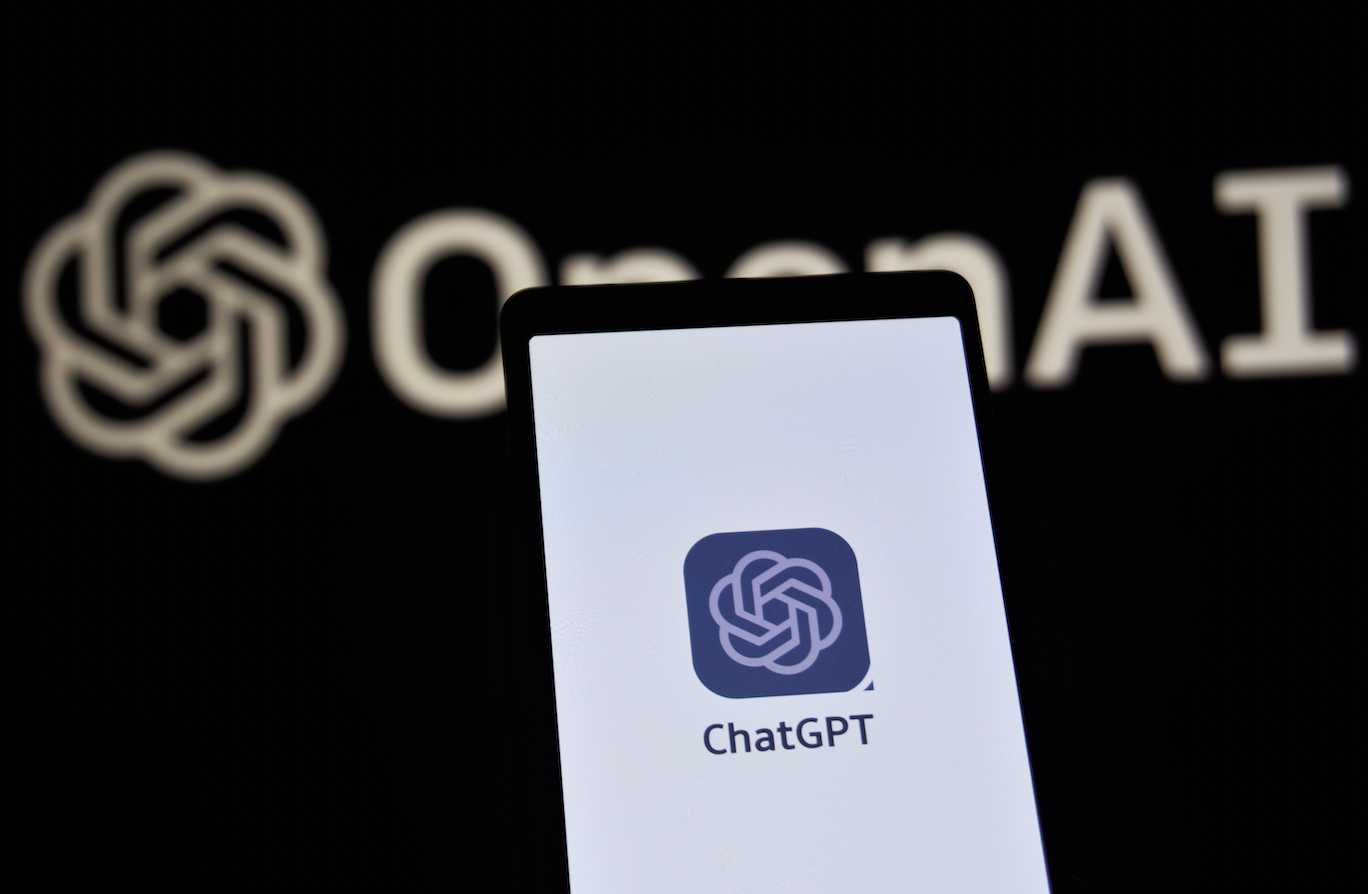In the ever-evolving landscape of digital marketing, healthcare professionals are constantly exploring innovative solutions to enhance their online presence and improve patient engagement. With the rise of AI technology, the use of AI language models in healthcare has become a topic of interest. However, when it comes to leveraging AI models, such as the ChatGPT chatbot widget, doctors must be mindful of potential risks and challenges. In this blog, we’ll delve into the considerations healthcare professionals should keep in mind to ensure the optimal use of AI language models while providing quality patient care.
Accuracy of Information: Ensuring Reliable Medical Advice
Providing reliable medical advice is a critical aspect of healthcare, and it raises concerns about the accuracy of information generated by AI language models. To maintain trust and credibility, healthcare professionals must carefully review and verify the information provided by AI tools, ensuring its accuracy before sharing it with patients.
Lack of Personalization: Tailoring Care to Individual Patients
Delivering personalized care is essential for meeting the unique needs of each patient. AI language models lack access to an individual’s medical history and current health status, making it challenging to provide personalized advice. Therefore, healthcare professionals should recognize the limitations of AI models and supplement them with their own expertise to tailor care to each patient’s specific circumstances.
Liability and Legal Considerations: Ensuring Professional Responsibility
Professional responsibility and potential legal implications come into play when relying solely on AI models for medical recommendations. Healthcare professionals need to exercise caution, understanding the risks associated with relying solely on AI-generated responses. By maintaining a balance between AI assistance and their own expertise, doctors can ensure they meet their professional obligations and mitigate potential liability issues.
Patient Understanding and Communication: Effective Information Exchange
Clear and effective communication is crucial in healthcare to ensure patients understand their medical information. AI models can sometimes generate responses that are difficult for patients to comprehend or may not address their specific concerns adequately. Healthcare professionals should prioritize clear, concise, and patient-centered communication, ensuring that information is conveyed in a way that patients can easily understand and engage with.
Privacy and Data Security: Safeguarding Patient Information
The sharing of patient information with AI models raises valid concerns regarding privacy and data security. Healthcare professionals must prioritize patient privacy by following appropriate data protection protocols and adhering to relevant regulations such as HIPAA. Ensuring the secure handling and storage of patient data is essential to maintain patient trust and confidentiality.
Conclusion
AI language models offer valuable assistance in healthcare marketing, but understanding and mitigating potential risks is paramount. By carefully reviewing information, supplementing AI-generated responses, maintaining professional responsibility, facilitating effective communication, and safeguarding patient privacy, healthcare professionals can leverage AI language models effectively while providing high-quality care to their patients. Balancing the strengths of AI technology with human judgment is the key to successfully navigating the digital age of healthcare marketing.


